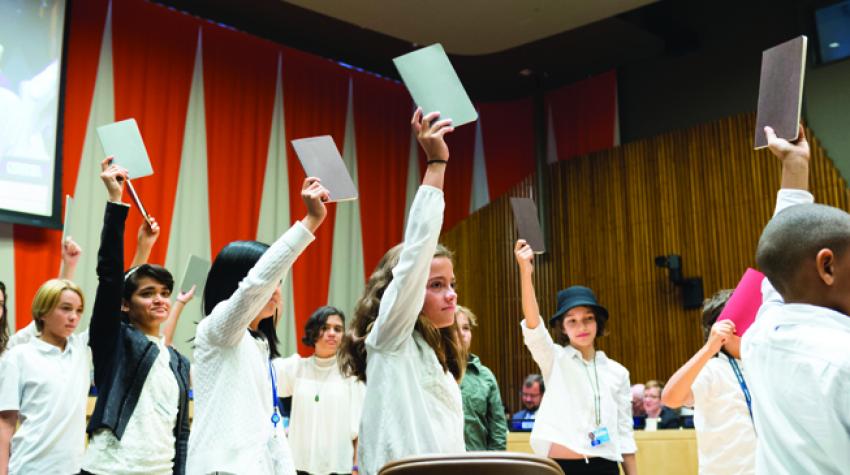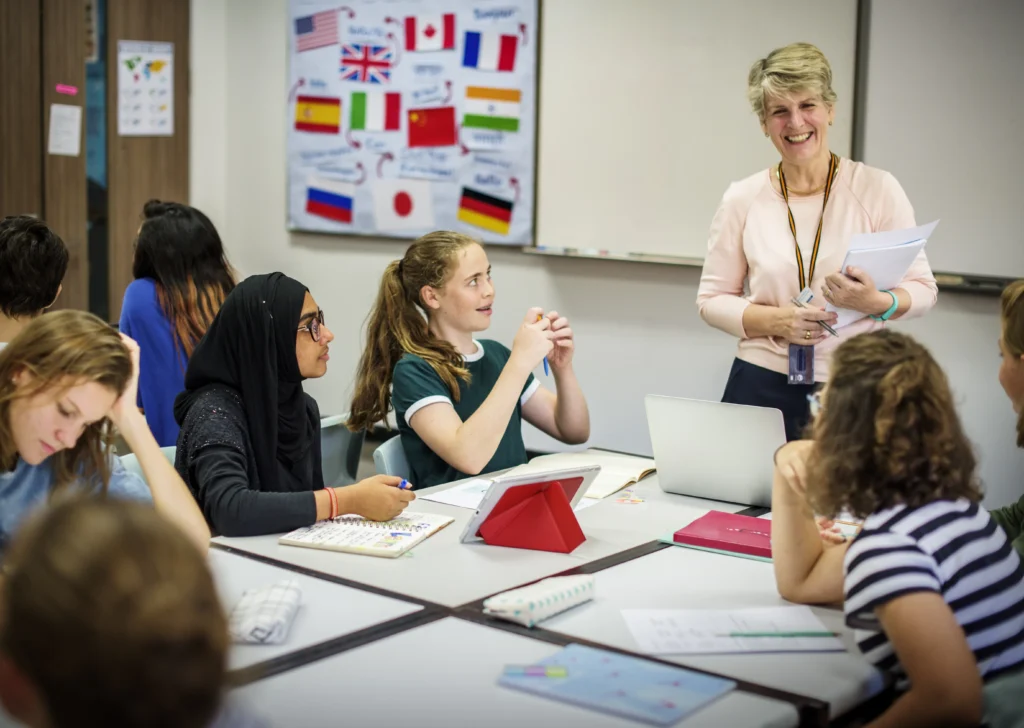Introduction
Civic education plays a crucial role in shaping the future of democracy. In an increasingly globalized and politically diverse world, it is essential to prepare students not only academically but also as informed and engaged citizens. Civic education provides students with the knowledge, skills, and attitudes necessary for active participation in democratic processes. This article will explore the importance of civic education, how it prepares students for active participation, and the skills that are nurtured through this type of education.
What is Civic Education?

Civic education refers to the formal instruction provided to students that aims to equip them with the necessary knowledge and skills to engage effectively in society. This education encompasses various aspects such as understanding political systems, the rights and responsibilities of citizens, the functioning of government institutions, and the importance of social and civic responsibilities.
Why Civic Education is Essential in a Democracy
In a democracy, citizens are expected to engage with the political system, participate in elections, voice their opinions, and influence decisions that impact their lives. For these actions to be meaningful, citizens must be well-informed and capable of understanding complex issues, considering multiple viewpoints, and making educated decisions. Civic education fosters all these skills, ensuring that individuals do not just exist within society but actively contribute to its development.
The Core Objectives of Civic Education
Civic education aims to accomplish several goals, all of which play an important role in preparing students for active participation in democracy. Some of these core objectives include:
Building an Understanding of Democratic Principles
One of the first objectives of civic education is to instill an understanding of the core principles of democracy. This includes teaching students the values of freedom, equality, justice, and individual rights. Students learn how democracy operates, what democratic systems look like, and the role they will play as future citizens.
Developing Critical Thinking Skills
Civic education encourages students to engage with issues critically and analytically. By examining various social, political, and ethical issues from different perspectives, students can make well-informed decisions, which is crucial for active participation in democracy.
Fostering Civic Responsibility and Community Engagement
Active citizenship extends beyond voting; it involves ongoing participation in one’s community. Civic education instills a sense of responsibility toward one’s community, emphasizing volunteerism, political participation, and social activism. These activities help students understand that democracy relies on the collective actions of individuals.
Promoting Tolerance and Social Cohesion
Democracy thrives on the respect for different opinions, cultures, and backgrounds. Civic education helps students understand the importance of respecting diversity and finding common ground in a pluralistic society. This fosters tolerance, reduces conflict, and promotes social cohesion.
How Civic Education Prepares Students for Active Participation
Civic education equips students with the necessary tools for active participation in democracy. It helps bridge the gap between theoretical knowledge and real-world action.
Encouraging Political Awareness and Engagement

Civic education provides students with an understanding of how political systems work and why participating in elections and other political activities is vital. By familiarizing students with the electoral process, political parties, and current events, civic education empowers students to vote intelligently and engage in political discussions.
Building Communication Skills
Active participation in democracy requires the ability to communicate effectively. Civic education programs teach students how to articulate their thoughts, engage in debates, write persuasive arguments, and collaborate with others to achieve common goals. These communication skills are essential for making one’s voice heard and influencing decisions.
Developing Problem-Solving Abilities
One of the key skills that civic education develops is problem-solving. Students learn to approach social and political issues methodically, analyzing them from multiple angles and devising solutions that are both practical and ethical. Problem-solving skills allow students to become proactive agents of change within their communities.
Encouraging Volunteering and Civic Activism
Active participation doesn’t end with voting. Civic education also emphasizes the importance of contributing to one’s community through volunteering and activism. It teaches students how they can make a difference by engaging in local issues, whether through working with nonprofits, participating in social movements, or simply advocating for causes they believe in.
The Role of Teachers in Civic Education

Teachers play an instrumental role in delivering civic education and ensuring that students gain a thorough understanding of democratic principles. A teacher’s role is not just to impart knowledge but also to act as a facilitator of discussion and debate, encouraging students to think critically about various issues and engage in constructive dialogue.
Teaching Democratic Values
Teachers are tasked with imparting democratic values such as equality, justice, and freedom. Through discussion, debate, and simulation exercises, they provide students with the opportunity to explore these values in depth and consider how they apply to real-life situations.
Encouraging Discussion and Debate
Teachers create an environment where students can express their views, challenge each other’s opinions, and consider alternative perspectives. This fosters a deeper understanding of issues, encourages respectful disagreement, and promotes open-mindedness, all of which are essential for democratic engagement.
Encouraging Real-World Application of Knowledge
Teachers are also responsible for encouraging students to apply their knowledge of civic education in real-world scenarios. This might include encouraging them to participate in local government meetings, engage in community service, or get involved in social movements.
Conclusion
Civic education is a critical tool in preparing students for active participation in democracy. By teaching democratic values, fostering critical thinking, encouraging community involvement, and developing communication and problem-solving skills, civic education ensures that students are not only informed but also equipped to make meaningful contributions to society. As the world becomes more interconnected, the importance of civic education cannot be overstated. A well-educated, actively engaged citizenry is vital to the health and future of any democracy.
FAQs
Why is civic education important for students?
Civic education helps students understand the principles of democracy, their rights and responsibilities, and how to actively participate in political and social life. It ensures that students become informed, active citizens who can contribute meaningfully to their communities and society.
How can teachers make civic education engaging for students?
Teachers can make civic education engaging by using interactive methods such as debates, simulations, role-playing activities, and encouraging students to participate in real-world democratic processes. Bringing current events into the classroom and making lessons relevant to students’ lives can also foster engagement.
What skills does civic education develop?
Civic education develops a range of skills including critical thinking, communication, problem-solving, and social responsibility. It also encourages students to be active participants in their communities and fosters tolerance and respect for diversity.
How can civic education impact society?
Civic education can have a profound impact on society by creating informed and engaged citizens who understand their role in the democratic process. It can lead to greater political participation, improved community engagement, and a more responsible and cohesive society.








